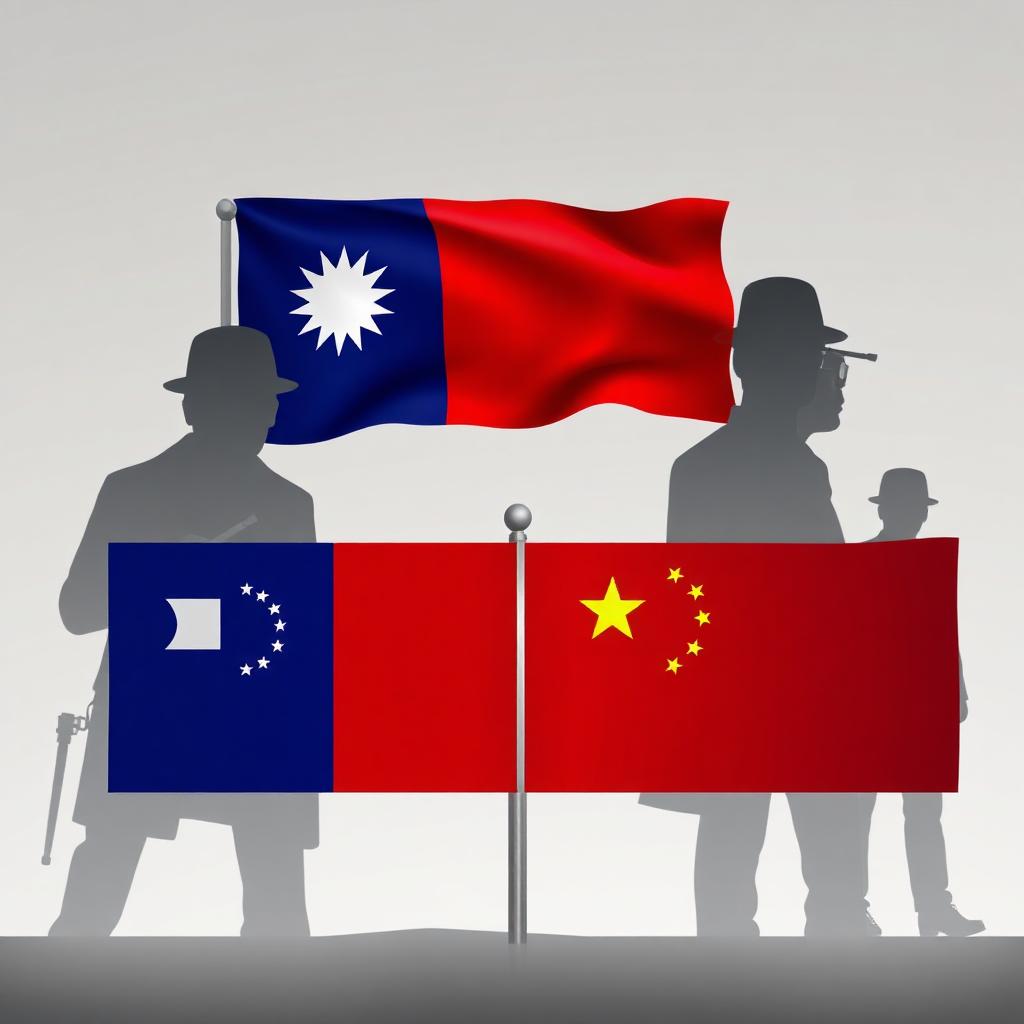Jake Sanders
A former EVA Airways executive has been formally indicted for allegedly attempting to bribe a Taiwanese government official and leaking sensitive information to Chinese intelligence operatives, according to the High Prosecutors’ Office.
The individual, identified by the surname Chiao (喬), served as EVA Airways’ representative in China between 2022 and 2024. Prosecutors allege that during this tenure, Chiao was recruited by a Chinese intelligence agency to acquire confidential data related to research projects commissioned by Taiwan’s Mainland Affairs Council (MAC). These projects are classified as business secrets under Taiwanese law.
According to the indictment, Chiao offered NT$100,000—funds reportedly supplied by the Chinese agency—to a MAC official in exchange for access to the restricted information. The official declined the bribe and reported the incident, prompting an investigation by the Ministry of Justice Investigation Bureau.
Authorities subsequently obtained a warrant to search Chiao’s residence and summoned him for questioning. Following the investigation’s conclusion earlier this week, prosecutors charged Chiao with multiple offenses, including attempting to obtain state secrets, establishing an espionage network on behalf of Chinese political and military entities, and attempting to bribe a public servant. These charges fall under Taiwan’s National Security Act and the Anti-Corruption Act.
In response to the incident, Minister of National Defense Wellington Koo (顧立雄) emphasized the need for enhanced counterintelligence training within the military and stricter enforcement of the nation’s security clearance protocols. Speaking at the Legislative Yuan, Koo underscored the growing threat of Chinese espionage and the importance of safeguarding Taiwan’s national security infrastructure.
The case has reignited concerns over Beijing’s covert influence operations in Taiwan, particularly those targeting sensitive government agencies and research institutions. The MAC, a cabinet-level body responsible for cross-strait policy, has been a frequent target of such efforts due to its strategic role in managing Taiwan’s relations with China.



